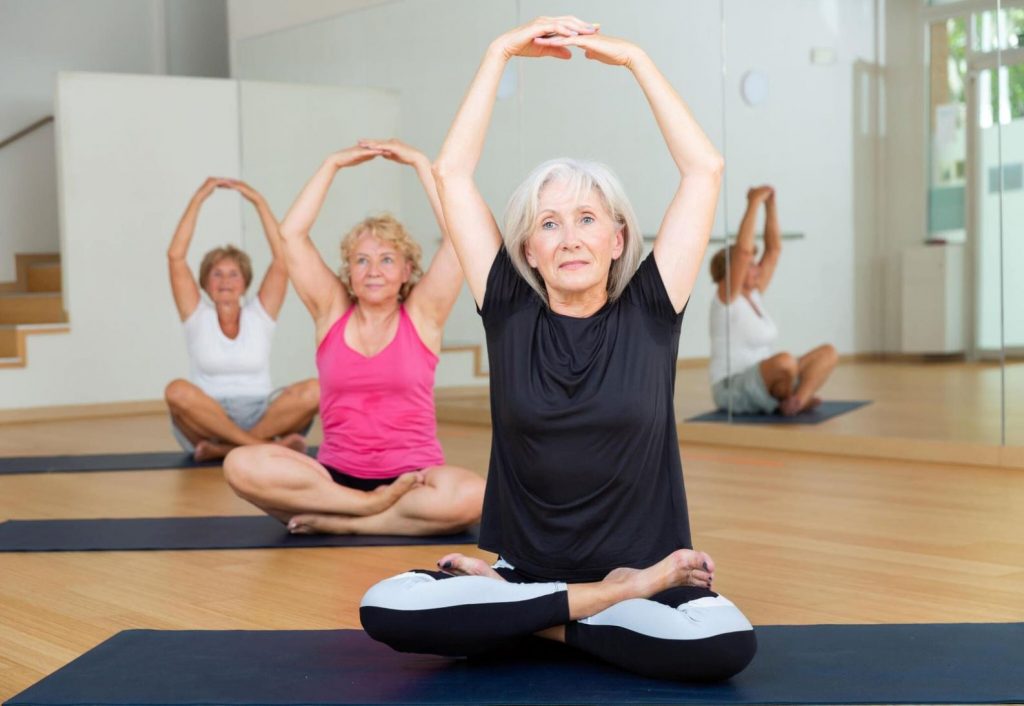
Hand injuries can have a profound impact on an individual’s life, affecting their ability to perform everyday tasks and engage in meaningful activities. Yet, amidst the challenges and limitations posed by such injuries, there exists a beacon of hope in the field of hand surgery.
However, the journey from injury to recovery is often fraught with obstacles and uncertainties. This is where non-governmental organizations (NGOs) step in, playing a pivotal role in providing support and resources to individuals navigating the complexities of hand surgery rehabilitation.
In essence, the journey from injury to recovery is not one that individuals face alone. With the steadfast support of NGOs, individuals embarking on the path of hand surgery rehabilitation find themselves surrounded by a network of compassion, expertise, and resilience, guiding them towards a brighter and more hopeful future.
Understanding Hand Injuries and Rehabilitation
Hand injuries encompass a wide range of conditions, from fractures and lacerations to nerve damage and amputations. Rehabilitation following hand surgery is essential for restoring function, mobility, and independence to affected individuals.
Hand surgeon In Orlando play a crucial role in the initial diagnosis, treatment, and surgical interventions for hand injuries. These specialized medical professionals possess expertise in the intricate anatomy and biomechanics of the hand, enabling them to provide tailored care to patients.
Working closely with rehabilitation specialists, hand surgeons develop comprehensive treatment plans that address both the surgical and rehabilitation aspects of hand injury recovery. Their collaboration ensures that patients receive holistic care that maximizes functional outcomes and improves their quality of life following injury.
NGOs partnering with hand surgeons can leverage their specialized knowledge and skills to deliver effective rehabilitation services that meet the diverse needs of patients recovering from hand injuries.
Patient-Centered Care: NGOs prioritize patient-centered care, tailoring rehabilitation programs to meet the unique needs and goals of each individual. By providing personalized treatment plans and ongoing support, NGOs empower patients to actively participate in their recovery journey and achieve optimal outcomes.
Comprehensive Rehabilitation Services: NGOs offer a holistic approach to hand surgery rehabilitation, addressing physical, emotional, and social aspects of recovery. Rehabilitation programs may include physiotherapy, occupational therapy, psychological support, and vocational training to help individuals regain confidence and reintegrate into society.

NGO Initiatives in Hand Surgery Rehabilitation
NGOs around the world are dedicated to improving access to quality healthcare services, including hand surgery rehabilitation, for underserved populations. Their initiatives range from direct service provision to capacity building and advocacy efforts.
Direct Service Provision: Many NGOs operate clinics, rehabilitation centers, and mobile outreach programs to deliver hand surgery rehabilitation services directly to communities in need. These initiatives often target regions with limited healthcare infrastructure or where access to specialized care is challenging.
Capacity Building and Training: NGOs collaborate with local healthcare providers to build capacity in hand surgery rehabilitation through training programs, workshops, and knowledge exchange initiatives. By empowering local professionals with the skills and resources needed to deliver high-quality care, NGOs ensure sustainable impact and long-term success.
Success Stories and Impact
The impact of NGO-led hand surgery rehabilitation programs extends beyond physical recovery, transforming lives and communities. Success stories highlight the profound difference that access to rehabilitation services can make in restoring function and improving quality of life for individuals affected by hand injuries.
Restoring Functionality and Independence: With diligent rehabilitation efforts supported by NGOs, individuals regain functionality in their hands. This enables them to perform essential activities of daily living. They can pursue their passions and livelihoods with renewed confidence and independence.
Empowering Individuals and Communities: NGO interventions in hand surgery rehabilitation empower individuals to overcome adversity and reclaim control over their lives. Through restoring hand function, NGOs enable individuals to regain independence and pursue their aspirations.
Additionally, by offering skill development opportunities, they empower communities to thrive economically. Ultimately, these efforts contribute to the overall resilience and well-being of society.

Challenges and Opportunities
While NGOs play a crucial role in hand surgery rehabilitation, they face challenges that both obstruct and inspire innovation and improvement. Transitioning from obstacles to opportunities, these challenges shape the landscape of rehabilitation efforts.
This section explores challenges faced by NGOs in delivering rehabilitation services. It highlights opportunities for enhancing effectiveness and reach through strategic solutions.
Funding Constraints
One of the primary challenges faced by NGOs in hand surgery rehabilitation is limited funding availability. Many NGOs rely on grants, donations, and fundraising strategies to sustain their operations, which can be unpredictable and insufficient to meet the growing demand for rehabilitation services.
Consequently, NGOs must find creative solutions to secure funding and maximize resources to support their programs effectively.
Limited Access to Specialized Resources
Access to specialized resources, such as advanced medical equipment, prosthetics, and rehabilitation facilities, is often limited in resource-constrained settings. NGOs may struggle to provide comprehensive rehabilitation services due to a lack of essential resources and expertise.
However, partnerships with local healthcare providers, academic institutions, and international organizations can help bridge these gaps and enhance the quality and scope of rehabilitation programs.
Logistical Barriers
Delivering rehabilitation services in remote or underserved areas presents logistical challenges such as limited infrastructure, transportation constraints, and lack of trained personnel. These barriers can hinder access to care and compromise the quality and continuity of rehabilitation services.
NGOs must overcome these logistical challenges through innovative approaches, including mobile clinics, telemedicine, and community-based outreach programs.

Capacity Building and Training Needs
Building and retaining a skilled workforce in hand surgery rehabilitation is essential for delivering high-quality care and sustaining long-term program impact. However, many NGOs face challenges in recruiting and training qualified personnel, particularly in remote or underserved areas.
Investing in capacity building, professional development, and mentorship can combat workforce shortages. These initiatives enhance sustainability and quality of rehabilitation services.
By proactively and strategically addressing these challenges, NGOs can enhance the effectiveness, accessibility, and sustainability of rehabilitation services. This, in turn, leads to improved outcomes for individuals affected by hand injuries. Ultimately, it contributes to the overall health and well-being of communities.
Conclusion
Hand surgery rehabilitation is a vital component of the recovery process for individuals with hand injuries. NGOs play a pivotal role in providing access to comprehensive rehabilitation services, empowering patients to regain functionality, independence, and quality of life.
By addressing the diverse needs of individuals and communities affected by hand injuries, NGOs contribute to building a more inclusive and resilient society where everyone has the opportunity to thrive.


